Is extensive reading dead?
Most of teachers do not read research papers. There are several reasons for this. First, many teachers do not have enough time to study. Second, these papers are usually pretty difficult to read and understand. And third, they contain a lot of statistics and language teachers are not very good with numbers.
To be honest, I love language teaching research. I try to follow the latest papers and compare their results with my experience and I try to adjust my teaching on the basis of their results. And here I would like to share the most interesting papers with you in a simplified form.
ADVERT:
[showmyads]
Is extensive reading dead – Research
For a long time, research suggested that extensive reading is one of the best ways to learn new vocabulary. It was supposed that the more often students meet a word the more likely they are to learn it. Therefore, it was recommended that students should read a lot and it was expected that in the end they would know a lot of vocabulary.
This new research took this expectation and put it to a test. They asked the following questions:
- Is it enough to read a lot to improve my vocabulary?
- How many encounters are enough to learn a word?
- Is extensive reading the most effective way to learn new vocabulary?
And what did they find out? If you do a vocabulary exercises you will learn many more words than if you just read. Even if you read and look the unknown words in a dictionary it does not help much (some tests even show that it does not improve your knowledge of vocabulary at all). Put simply, if you memorize the words, you will save time and you will know much more. In fact, the tests showed that you will know up to 20 times as much.
So, does it mean that extensive reading is dead? It depends: If you have used it for teaching vocabulary (and I did), it is time to think again and abolish this practice. However, if you need to improve students’ reading, I am sure that extensive reading is a good means to achieve this.
To sum up, the research paper “Retention of new words: Quantity of encounters, quality of task, and degree of knowledge” shows that it is better to use vocabulary exercises than extensive reading for vocabulary teaching.
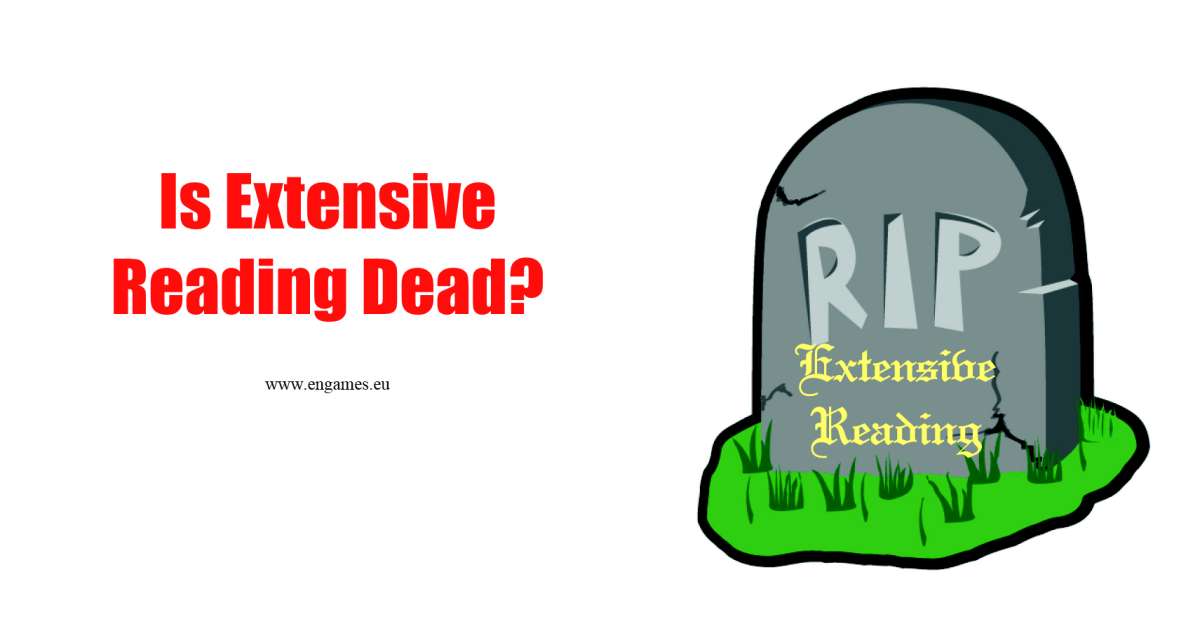
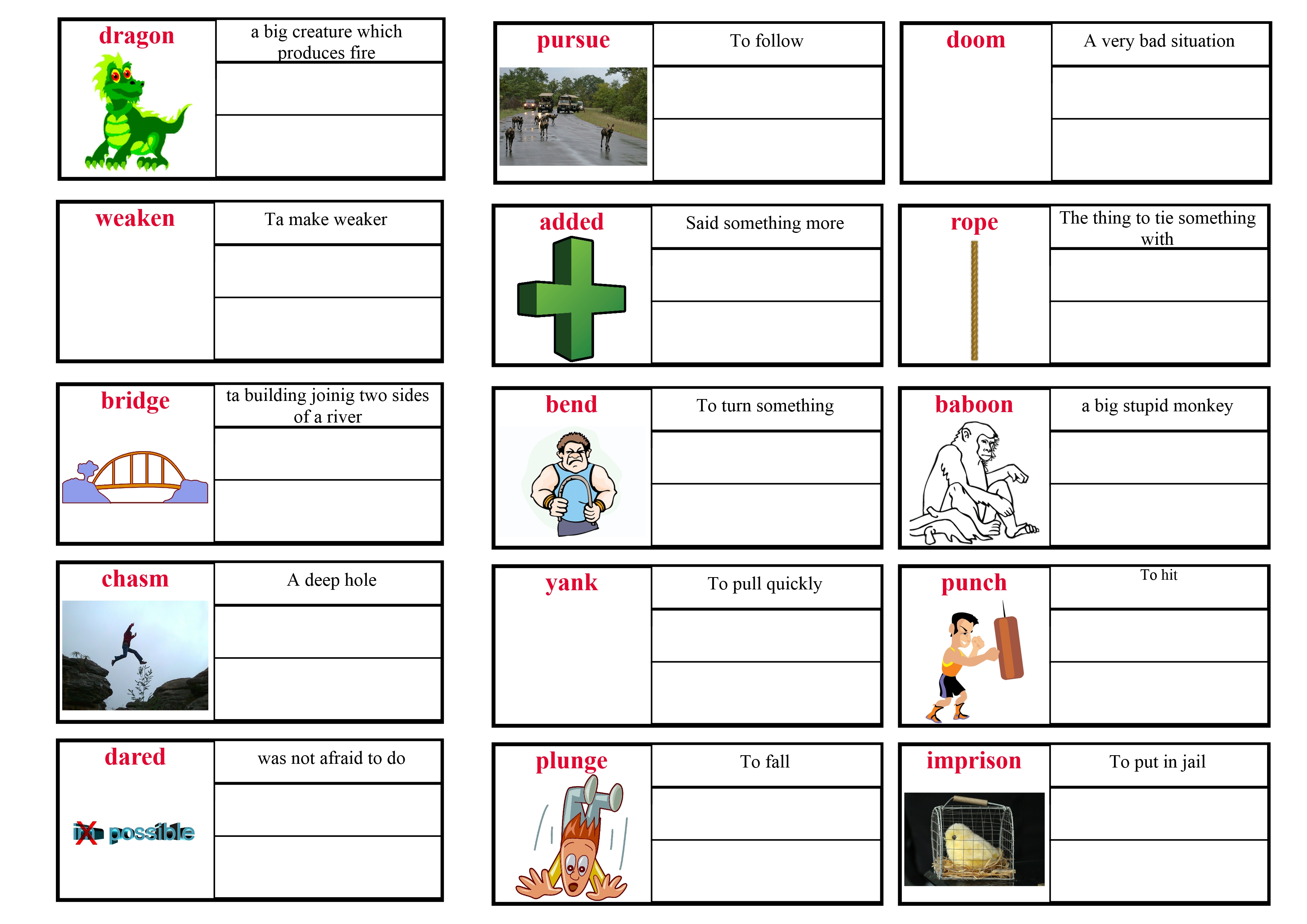
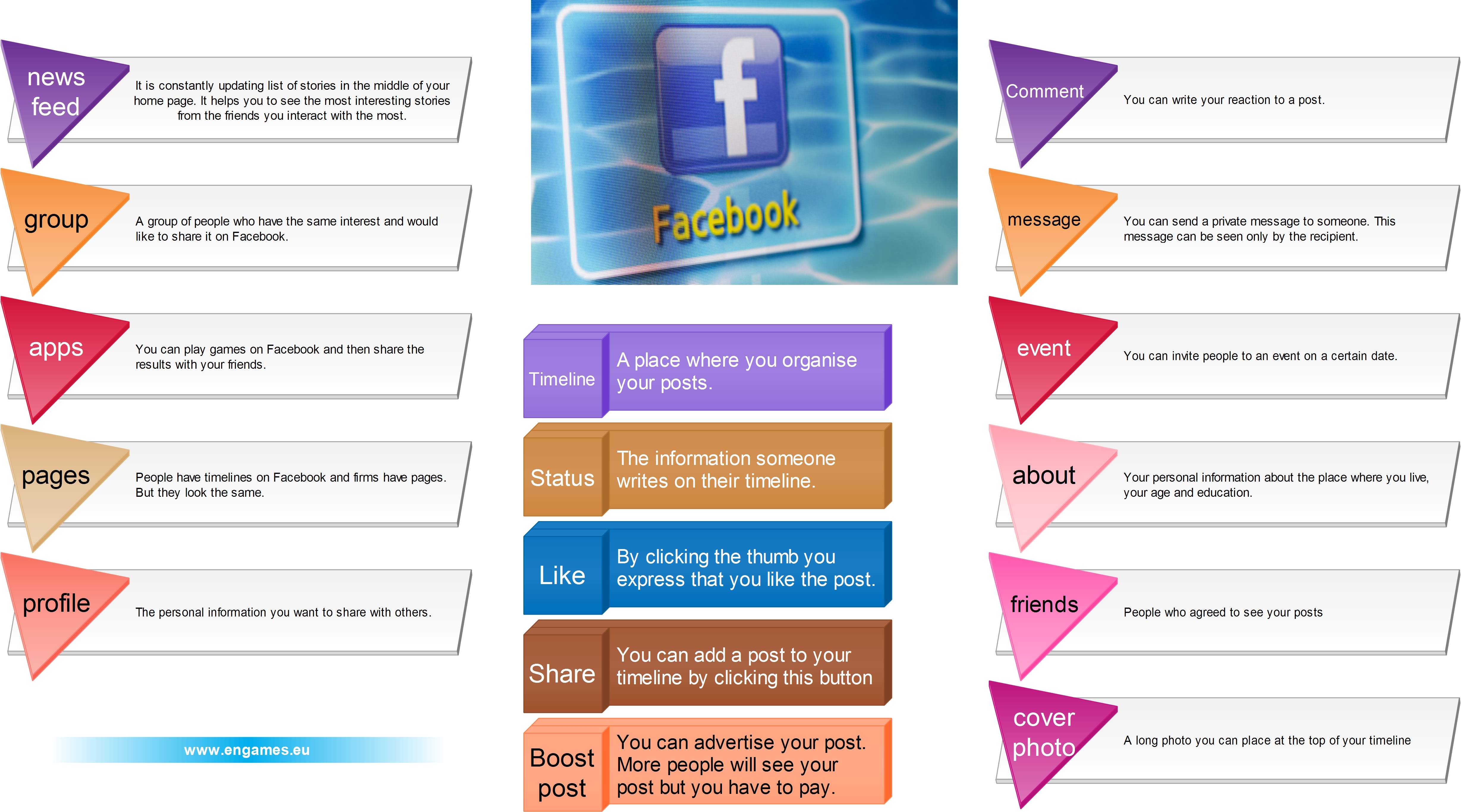
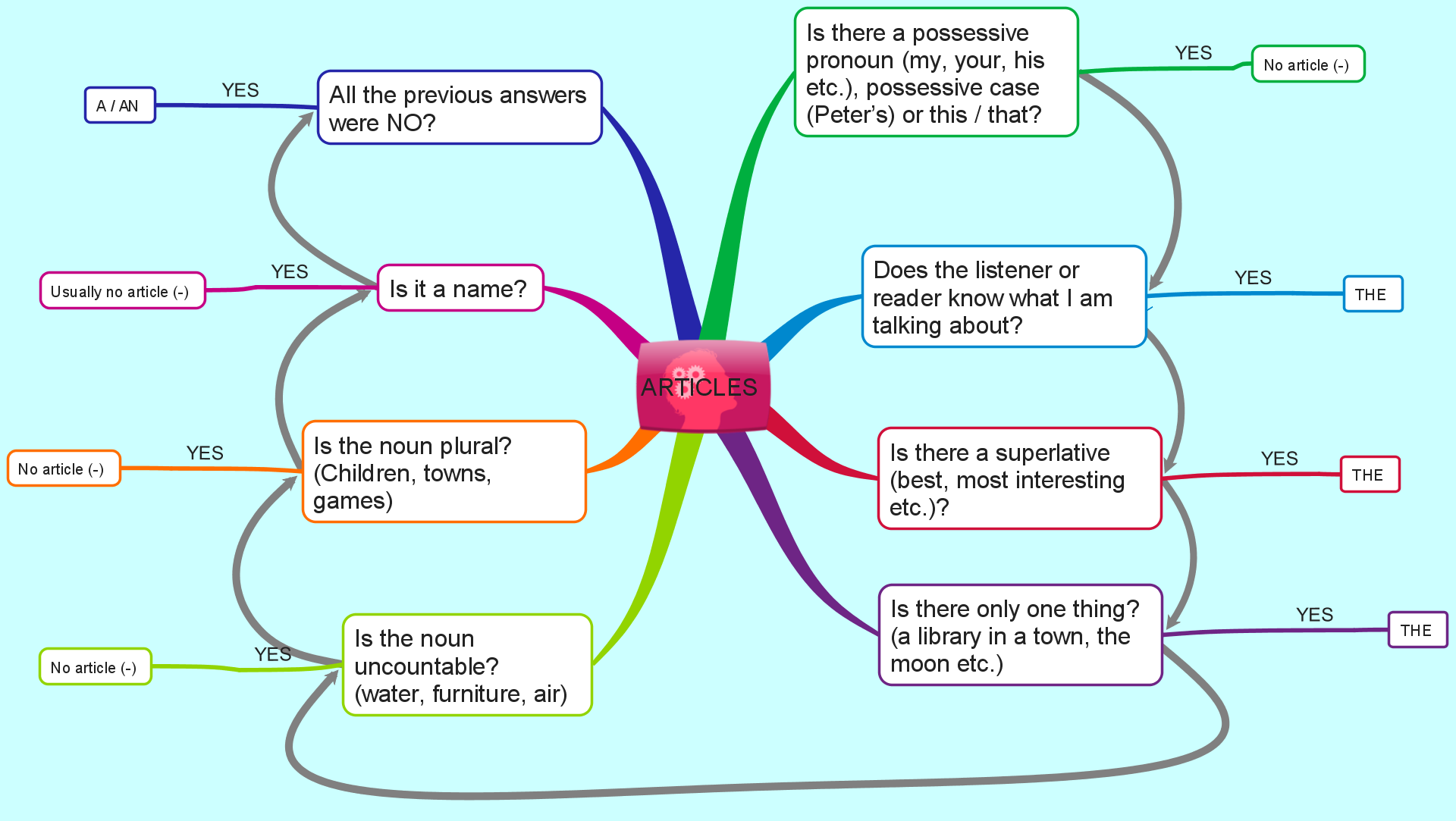
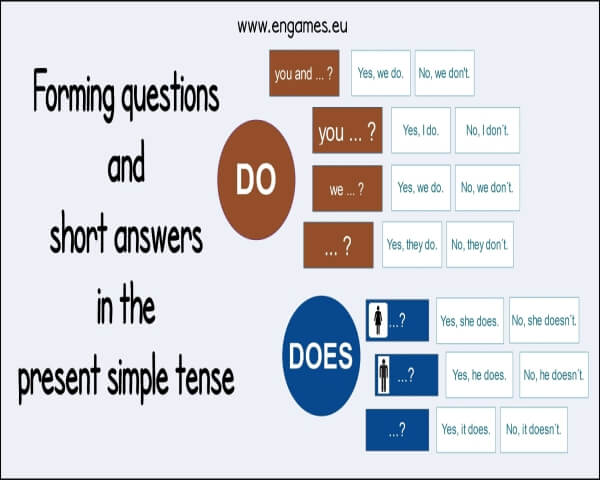
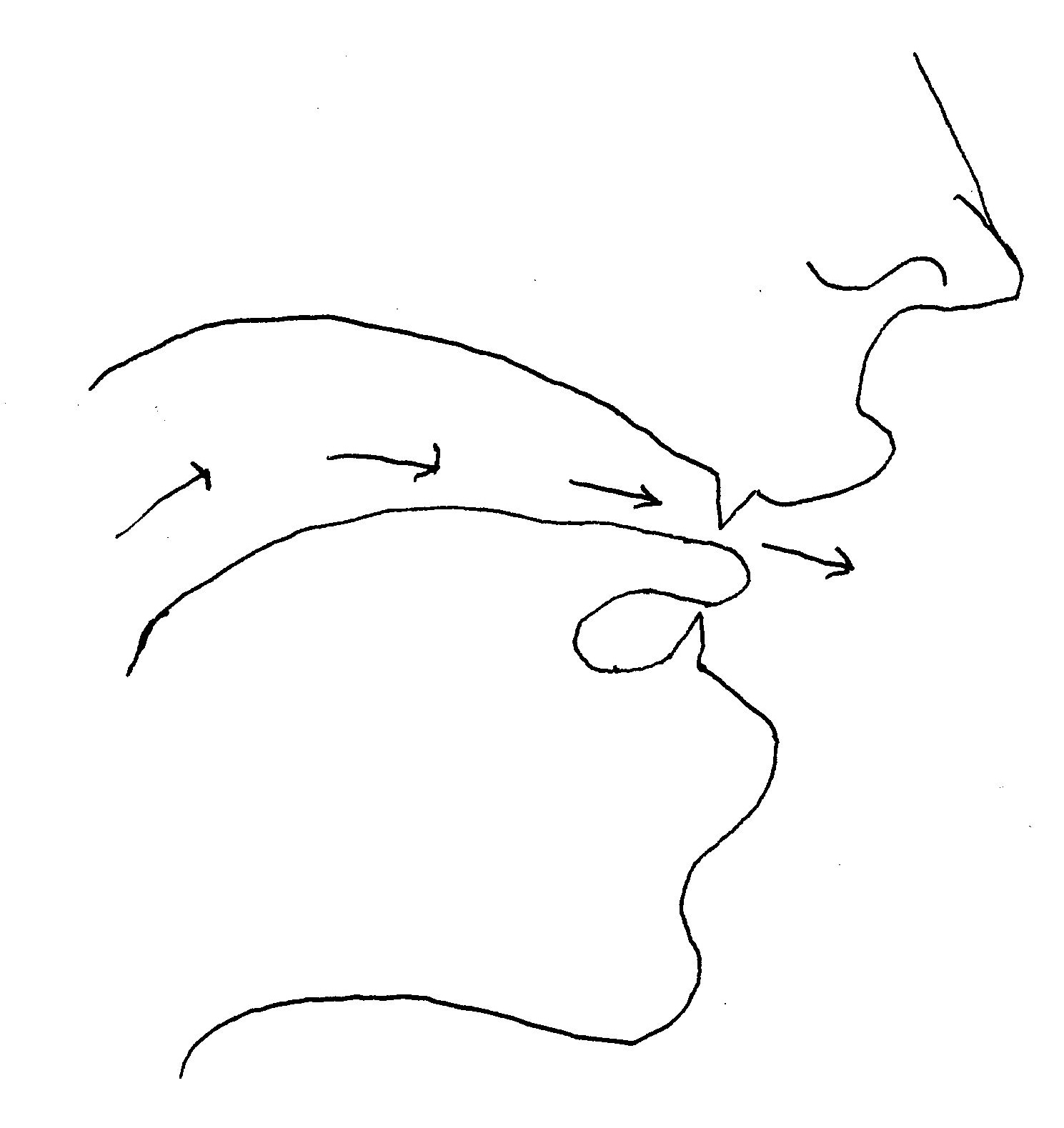
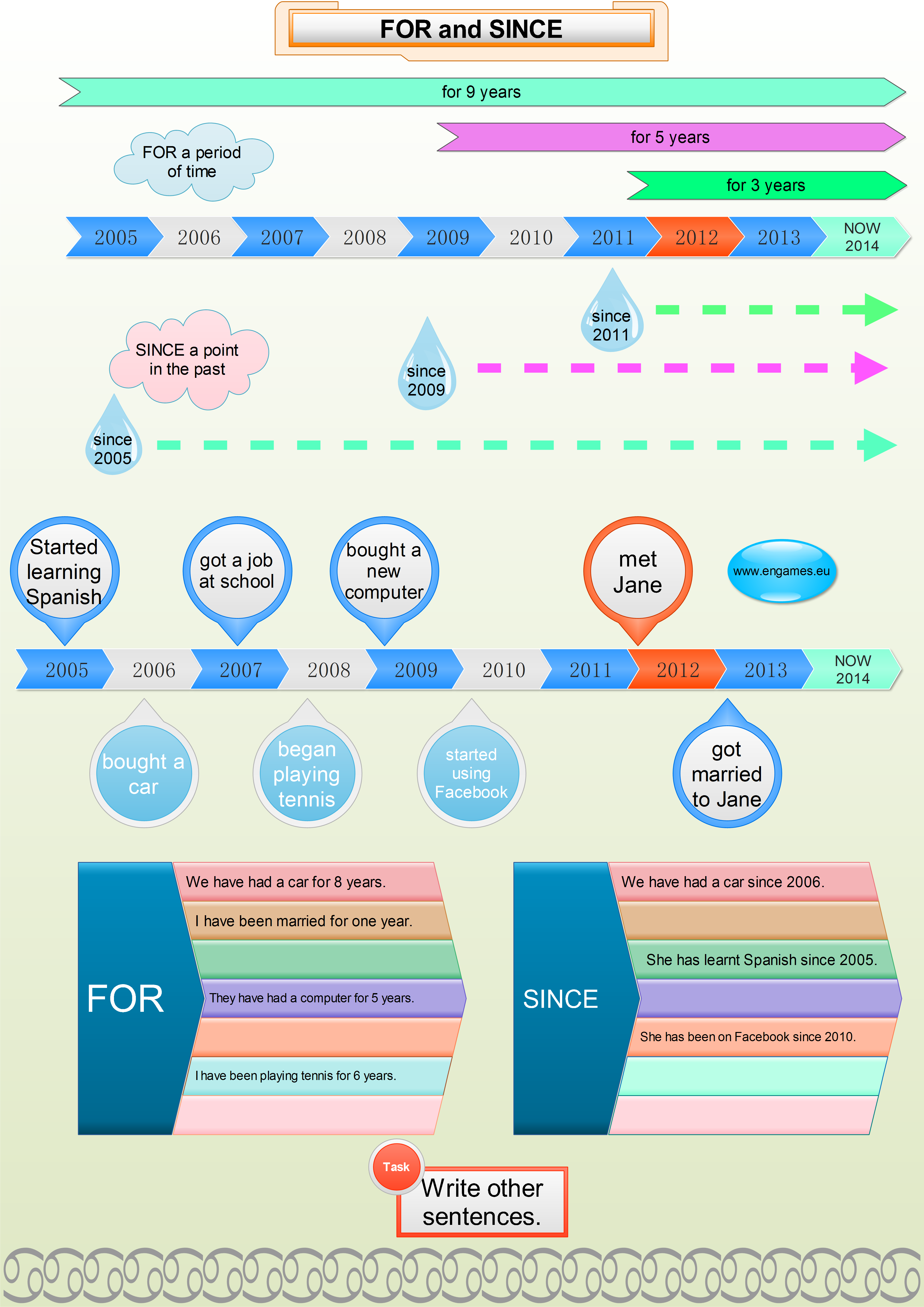
Your title is not supported by the conclusion. I disagree with your premise, assumptions, and definitions. Please review the definition and stated purpose of extended reading (http://joechip.net/extensivereading/what-is-extensive-reading/, http://nflrc.hawaii.edu/rfl/October2002/day/day.html, http://iteslj.org/Articles/Bell-Reading.html).
Reading does help to improve vocabulary, but has never been intended as the sole method of language acquisition in an instructional setting. If you were using this as your method of vocabulary instruction, you misinterpreted the research.
Your statement that “most” teachers don’t read research is opinion. Your statement that language teachers “are not very good with numbers” is stereotypical and insulting. This would be the equivalent of saying, “Us STEM techerz dunt git dat language type stuff. We jest does numberz ‘n stats.”
Thanks Heather for your comment. Honestly, I hoped to stir a bit of a discussion.
I agree that reading helps to improve vocabulary, but the research shows that it is not as effective as vocabulary exercises. Taking into account the limited time given to us at schools to teach English, we should use the most effective tools there are.
As far as teachers and research are concerned, I am afraid it is right. I have never met a teacher who reads research papers and even at university we were never asked to read any.
Anyway, thanks for your reaction.